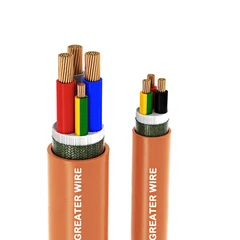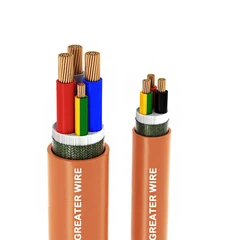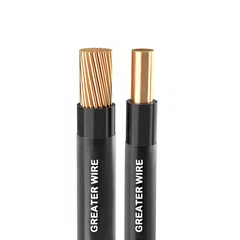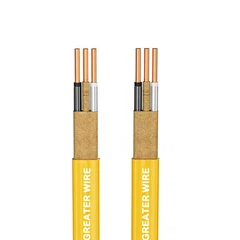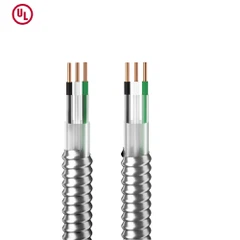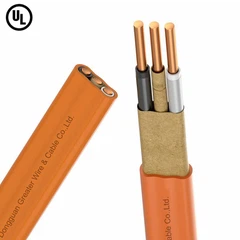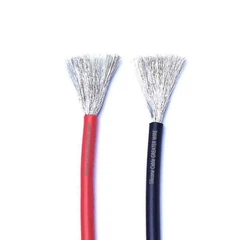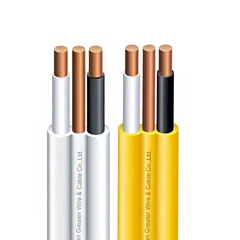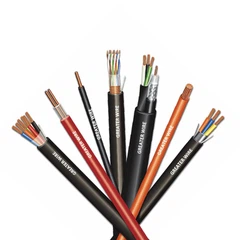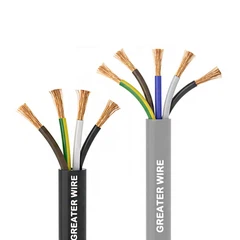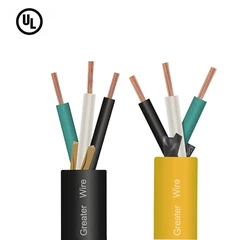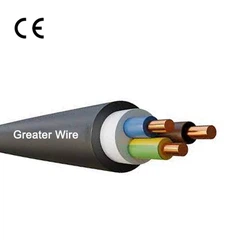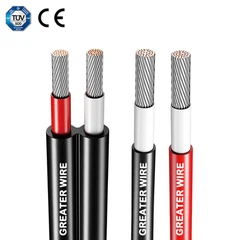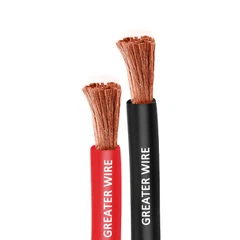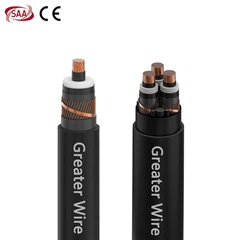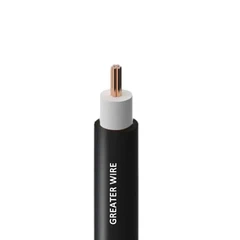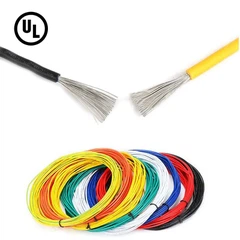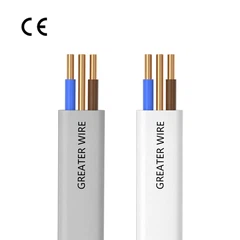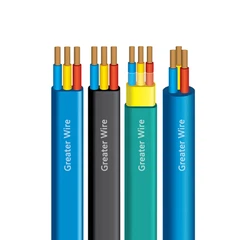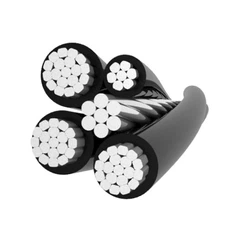When choosing electrical wires for modern applications, consumers and engineers alike are often faced with multiple material options. While PVC wire is commonly used in everyday appliances, silicone wire is quickly becoming the go-to solution for industries that require high flexibility, superior durability, and extreme temperature resistance.
But what exactly is Silicone Wire? And why is it considered superior in many applications compared to traditional wires? This complete guide will break down everything you need to know about silicone wires, from their materials and performance characteristics to their practical applications and advantages in safety and reliability.
What Is Silicone Wire? (Simple Definition)
In the simplest terms:
Silicone Wire = Copper Conductor + Silicone Rubber Insulation
Unlike regular wires insulated with PVC (polyvinyl chloride), silicone wire uses a high-quality silicone rubber material to cover the copper conductor. This unique construction gives it a set of performance advantages that make it suitable for environments where ordinary PVC wires would fail.

What Materials Is Silicone Wire Made Of?
Silicone wire is built using two main components:
Conductor (Core Material)
Typically stranded tinned copper or bare copper
Offers excellent conductivity and flexibility
Tinned copper improves corrosion resistance and prolongs lifespan
Insulation (Protective Layer)
Made of silicone rubber
Provides high-temperature resistance, excellent flexibility, and UV/weather protection
Unlike PVC, silicone does not harden or crack under sunlight or cold conditions
Key Performance Features of Silicone Wire
Silicone wires outperform standard PVC wires in multiple ways. Below are their core advantages:
High Temperature Resistance: Operates from -60°C up to +200°C, whereas PVC is usually limited to -20°C to +70°C.
Superior Flexibility: Silicone remains soft and bendable, even in cold weather, while PVC tends to harden.
UV & Weather Resistance: Silicone does not degrade easily under sunlight, ozone, or moisture exposure.
Flame Retardant & Safe: Silicone insulation is naturally flame-retardant and low-smoke, improving fire safety.
Longer Service Life: Silicone wires resist aging, cracking, and brittleness much better than PVC wires.
Why Choose Silicone Wire?
From a consumer's perspective, choosing the right wire is about safety, reliability, and convenience. Here are the top reasons why silicone wire is worth considering:
High Safety Performance – Does not melt or deform under high temperatures, reducing fire risks.
Extended Lifespan – Resistant to cracking and aging, ensuring longer usage without frequent replacement.
Flexibility & Lightweight Design – Easier to bend, install, and route in tight spaces compared to PVC wires.
Eco-Friendly & Low-Toxicity – Meets RoHS standards, making it a greener and safer material choice.

Application Scenarios of Silicone Wire
Silicone wires are suitable for both indoor and outdoor environments, and they excel in both high-temperature and low-temperature applications.
Indoor Applications
Household appliances (toasters, ovens, coffee machines)
Medical devices and laboratory equipment
Consumer electronics requiring heat resistance
Outdoor Applications
Solar photovoltaic systems
Outdoor lighting and signage
Marine and aerospace wiring exposed to sunlight
High-Temperature Environments
Industrial furnaces and heaters
Automotive engine compartments
Electric vehicle charging systems
Low-Temperature Environments
Cold storage facilities
Arctic or high-altitude equipment
Military and aerospace applications in extreme climates
By understanding these scenarios, customers can confidently choose silicone wire when they need reliability across extreme conditions.
Available Conductor Sizes (Cross-Sectional Area)
When selecting wires, one important factor is the conductor cross-sectional area (measured in mm² or AWG). Silicone wires are available in a wide range of sizes to meet different electrical load requirements:
Small Sizes (0.2 mm² – 1.0 mm² / AWG 24–18)
Ideal for electronics, sensors, LED lighting, and small appliances
Medium Sizes (1.5 mm² – 6.0 mm² / AWG 16–10)
Suitable for household appliances, automotive wiring, and industrial equipment
Large Sizes (10 mm² – 70 mm² / AWG 8–2/0)
Used in high-power systems such as solar installations, power distribution, and heavy machinery
By providing multiple size options, customers can select the right silicone wire that matches both electrical load and installation requirements.
About Dongguan Greater Wire & Cable Co., Ltd.
At Dongguan Greater Wire & Cable Co., Ltd., we specialize in the research, development, and manufacturing of high-performance electrical wires and cables. Our silicone wire products are designed with precision engineering and strict quality control, ensuring reliable performance in the most demanding applications.
International Standards – Our products meet UL, CE, RoHS certifications.
Wide Applications – Used across electronics, appliances, automotive, medical, aerospace, and energy sectors.
Global Reach – Exported to over 50 countries worldwide, trusted by international customers.
Customization Service – From color, size, insulation thickness, to conductor material, we offer tailor-made solutions.
Free Samples & After-Sales Support – Helping customers test, evaluate, and use our products with confidence.
Choosing Greater Wire & Cable means choosing a professional, reliable, and long-term partner for your wire and cable needs.
📞 Contact Us Today
Dongguan Greater Wire & Cable Co., Ltd.
Tel/WhatsApp/Wechat: +86 135 1078 4550 / +86 136 6257 9592
Email: manager01@greaterwire.com

